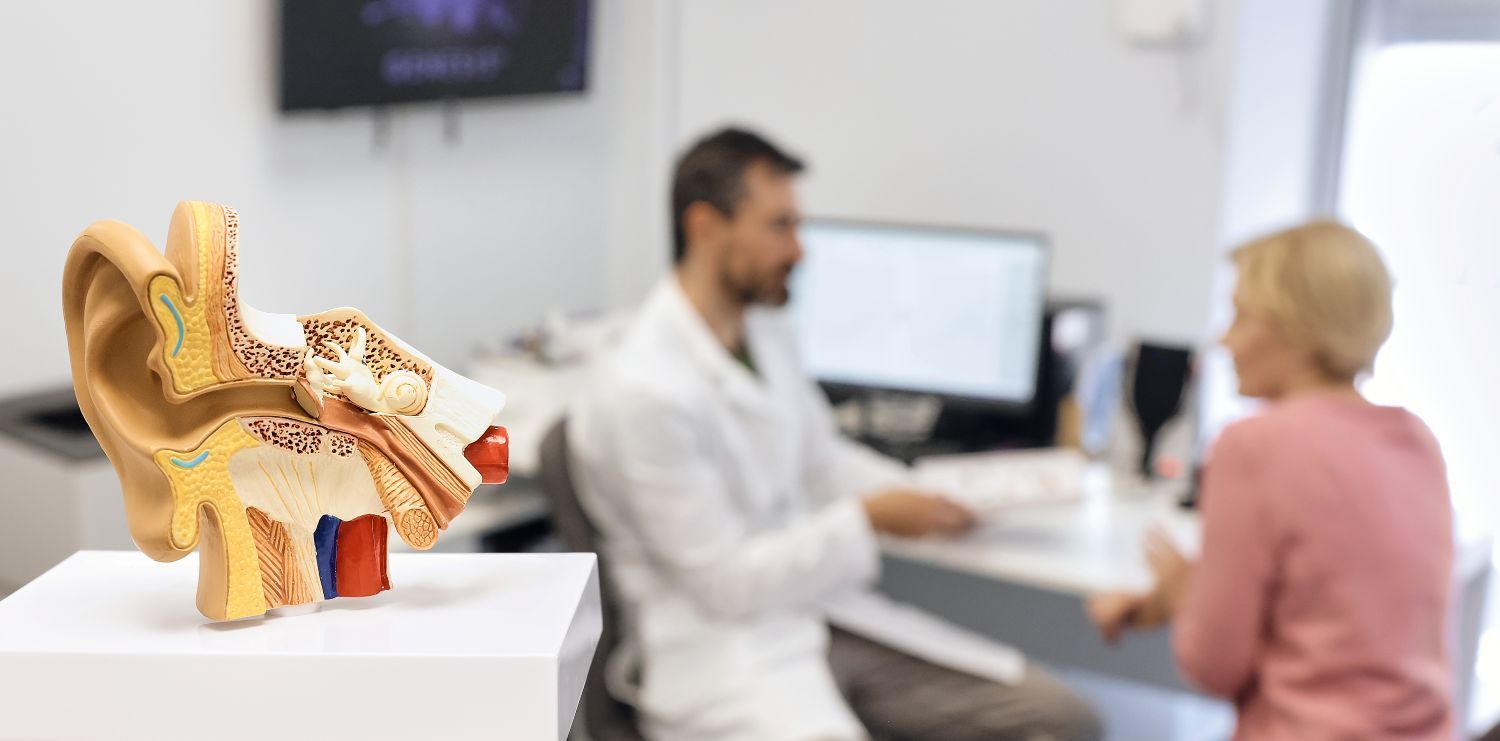Three Tips to Prepare for Sinus Surgery
An Introduction to Sinus Surgery
Sinus surgery is a procedure used by physicians to treat chronic sinusitis, remove nasal polyps, and treat other conditions related to the sinuses. Most people who have sinus surgery undergo it because their condition doesn’t get better or isn’t manageable with medication.
With the advancement of science and technology, less invasive and highly effective procedures are available.
What to Expect if You Are Having Sinus Surgery
● Before the procedure, a pre-operative CT scan of the sinuses will be done to ensure that you are a suitable candidate for the surgery. Testing may include a couple of blood tests, studying your medical history, and a nasal endoscopy.
● During the procedure, you often be given general, although some procedures are also performed in the office.
● Post-surgery, you’ll rest in the recovery room while your anesthesia wears off.
● Since most sinus surgeries are performed as outpatient procedures, you may be able to go home right after. Of course, you cannot drive yourself home and will require someone to accompany you.
Some Tips to Help You Prepare for Sinus Surgery
1. Discuss the Procedure in Detail With Your Provider
Talk with your physician about the procedure. Ask questions. It's important to get an understanding of the surgery and its risks, so ask your doctor or surgeon how they plan to do it, what the recovery period will be like, and what you should expect after surgery. Get answers before you agree. Before making any final decision about whether or not to have sinus surgery, talk through your options with your medical provider.
2. Manage Your Medications
Tell your doctor about any medications you are taking. Make sure to ask if there are any medications that should be stopped prior to surgery, as well as how long after surgery it is safe to begin taking them again.
If you are taking blood thinners, ask your doctor about the risks of surgery. Blood thinners can cause excessive bleeding during and after sinus surgery, so discuss this with your physician before proceeding with the procedure. If you are taking aspirin or ibuprofen, ask your doctor about alternatives that can help alleviate symptoms without increasing the risk of bleeding during and after sinus surgery.
3. Quit Smoking
If you are a smoker, please stop smoking at least three weeks before your surgery. Smoking is notorious for worsening your sinus symptoms. Ask your healthcare provider for advice or resources to help with this.
Here are a few other tips to follow, if applicable.
● Bring someone with you. You won’t be able to drive yourself home.
● Make arrangements for child or pet care, at least for a couple of days, unless you have friends or family helping you out.
● Remember to fast from midnight on the day of your surgery. Choking on food during anesthesia is a very real risk that you want to avoid at all costs.
If you want to discuss your options further, or want to schedule an appointment for yourself or a loved one, get in touch with our team at ENT Medical and Surgical Group! We would be happy to discuss your options and address any concerns you may have. Contact us today to get started!













